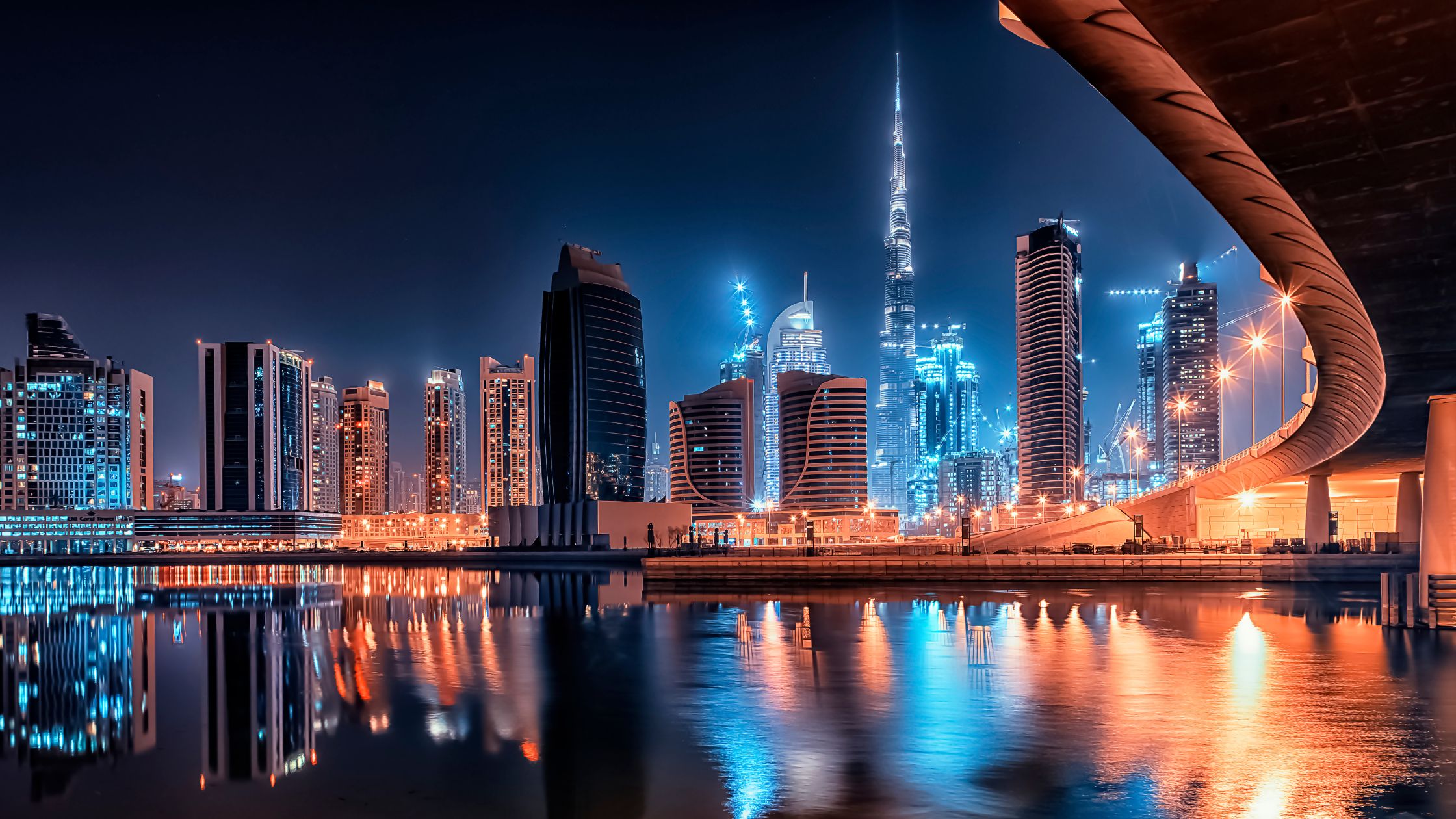
Buying Property in Dubai
What are the legal requirements for buying property in Dubai?
Foreigners can purchase property in Dubai, but there are specific regulations. Buyers must be aware of the Freehold and Leasehold areas where they can invest. For Freehold properties, non-residents can buy in designated areas. It’s essential to work with a reputable real estate agent and legal advisor to navigate the legal requirements, including obtaining a No Objection Certificate (NOC) and registering the property with the Dubai Land Department.
What is the process for buying a property in Dubai?
The process typically involves selecting a property, making an offer, signing a Sale and Purchase Agreement (SPA), paying a deposit (usually 10% of the purchase price), completing the transaction, and registering the property. The final step includes transferring ownership at the Dubai Land Department and paying the relevant fees.
What are the additional costs involved in purchasing property?
Buyers should budget for additional costs such as:
- Dubai Land Department (DLD) fees: Typically 4% of the property value.
- Real estate agent’s commission: Generally 2% of the property value.
- NOC fees: Charged by the developer if buying a property in a developer-managed community.
- Administrative fees: For processing the transaction.
Can foreigners obtain a mortgage in Dubai?
Yes, foreigners can obtain mortgages from banks in Dubai, but they usually need to meet specific criteria. This includes a minimum down payment (often around 20% of the property value), proof of income, and a good credit history. The exact terms and conditions can vary between banks.
Are there any restrictions on property ownership for foreigners?
Foreigners can own property in designated Freehold areas, but there are restrictions on property ownership in other areas. Additionally, foreign ownership is generally limited to 100% of the property only in designated areas; elsewhere, ownership might be shared with UAE nationals or restricted.
What are the most popular areas for property investment in Dubai?
Popular areas include Downtown Dubai, Dubai Marina, Palm Jumeirah, Jumeirah Village Circle (JVC), and Business Bay. Each area has its unique features and investment potential, so it’s essential to choose based on your investment goals and lifestyle preferences.
What are the ongoing costs of owning property in Dubai?
Ongoing costs include:
- Service charges: Monthly or annual fees for maintaining common areas in residential buildings.
- Utilities: Costs for water, electricity, and cooling.
- Property management fees: If you hire a property management company.
- Home insurance: Optional but recommended.
Can I rent out my property in Dubai?
Yes, you can rent out your property. Dubai has a robust rental market, but it’s essential to understand local regulations and obligations as a landlord. You’ll need to comply with Dubai’s rental laws, which include registering your tenancy agreement with the Dubai Land Department and ensuring the property meets all regulatory standards.
